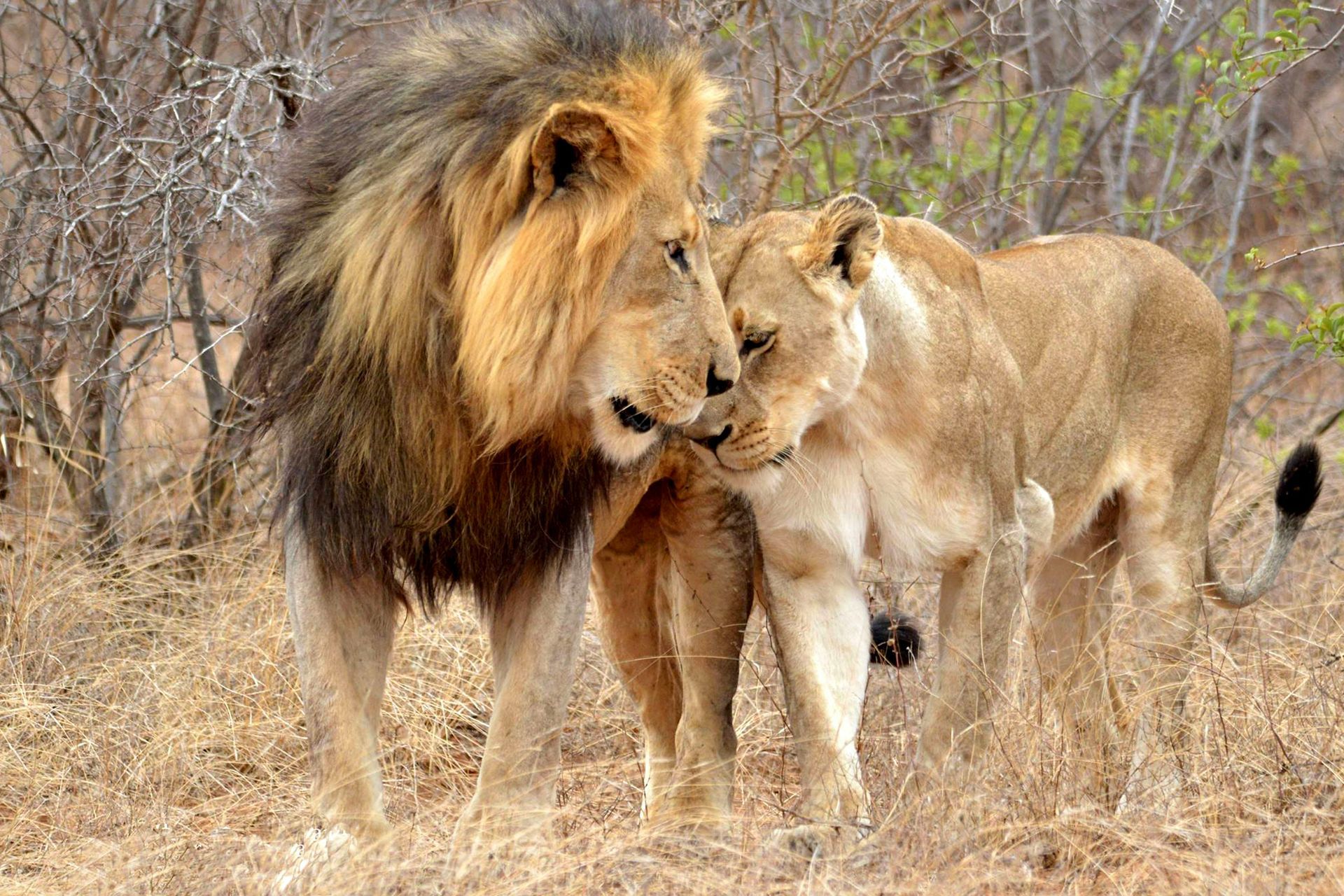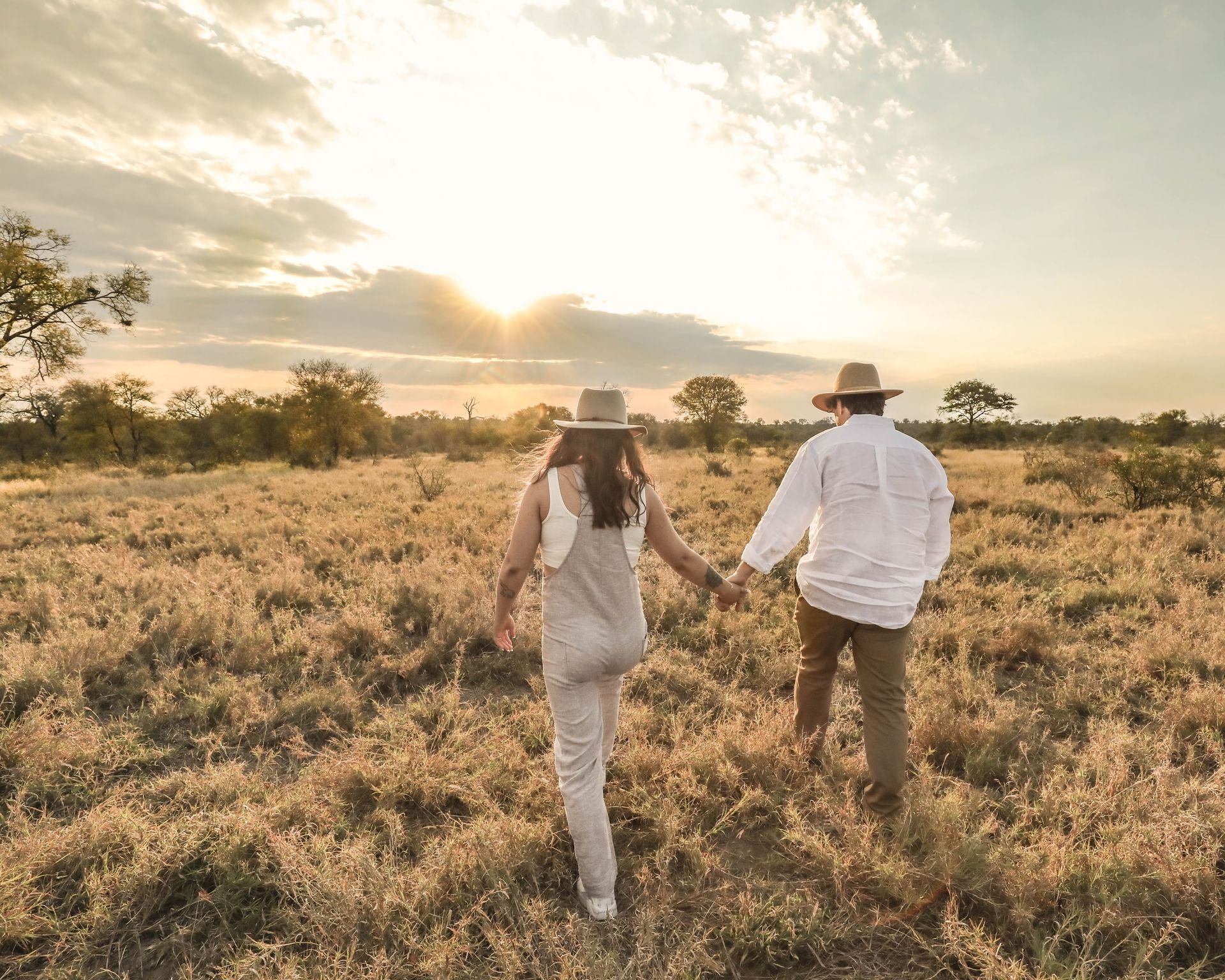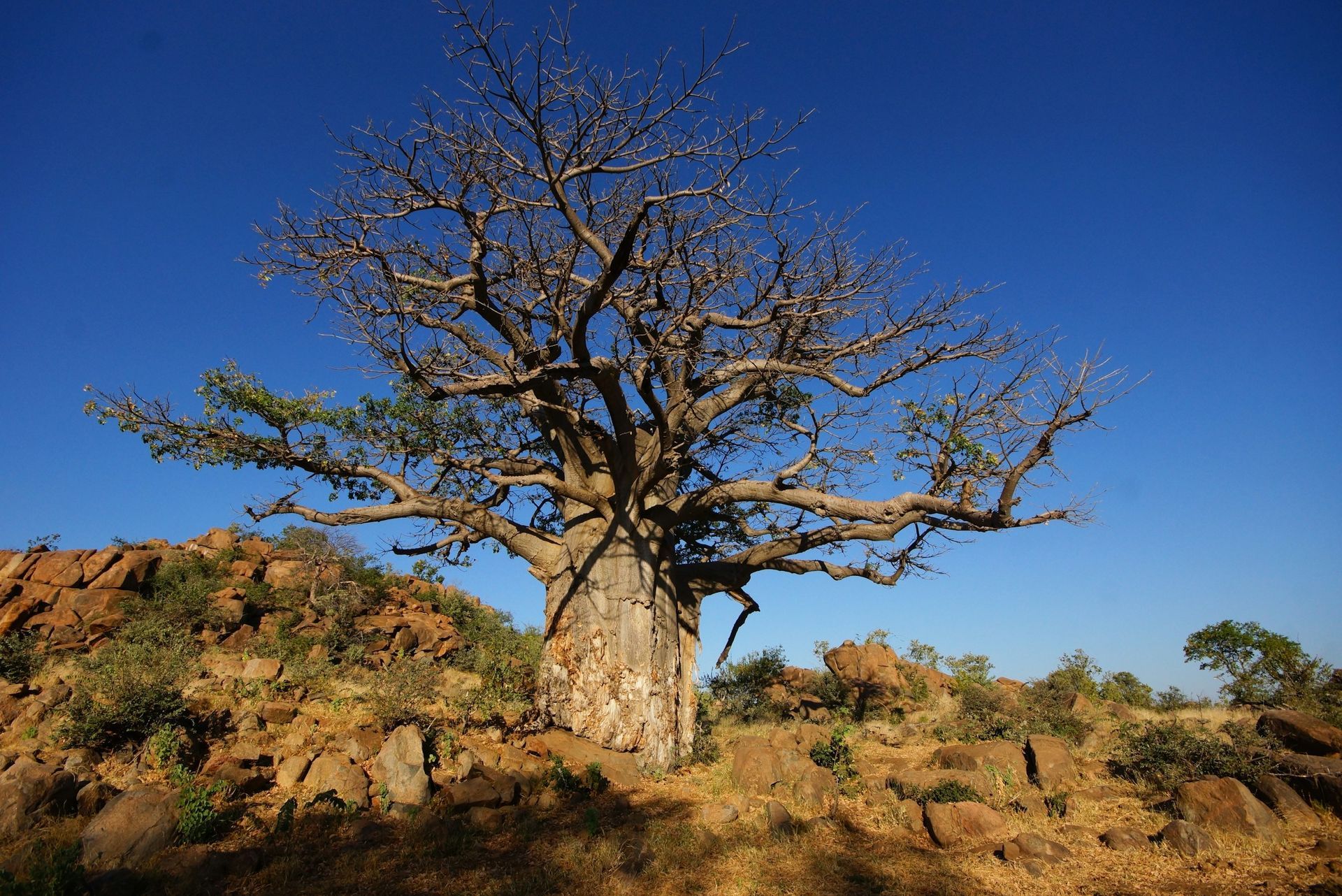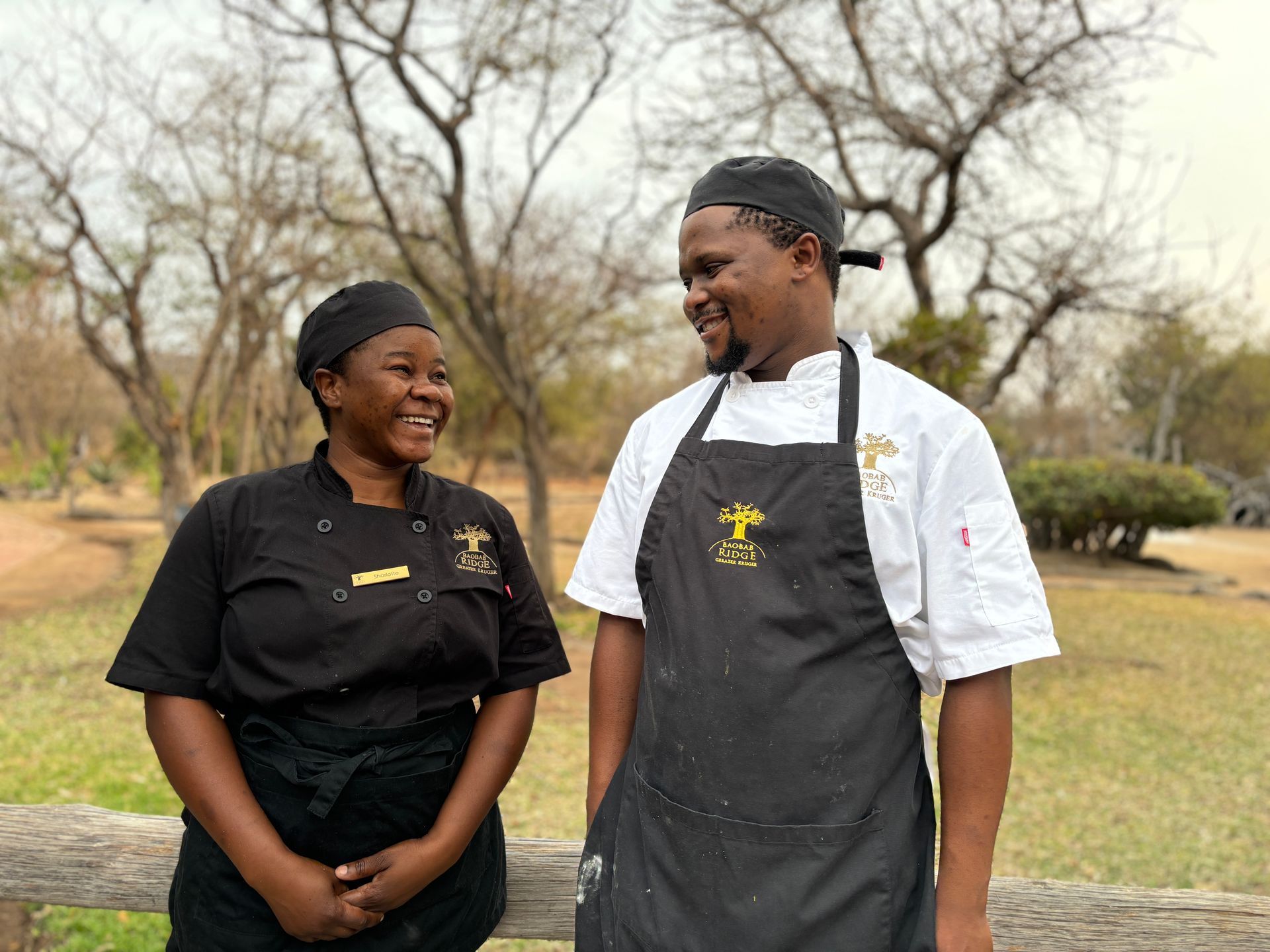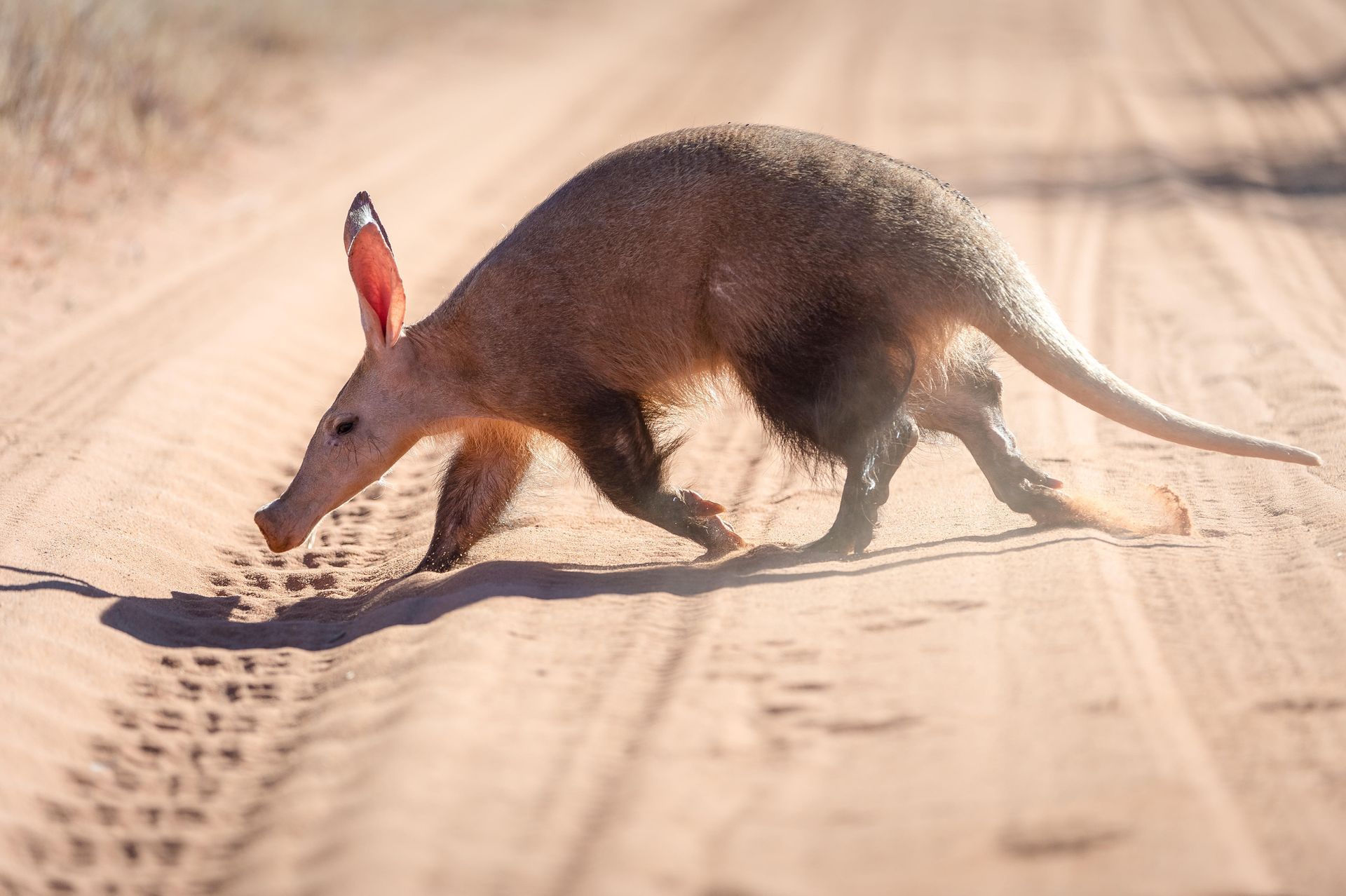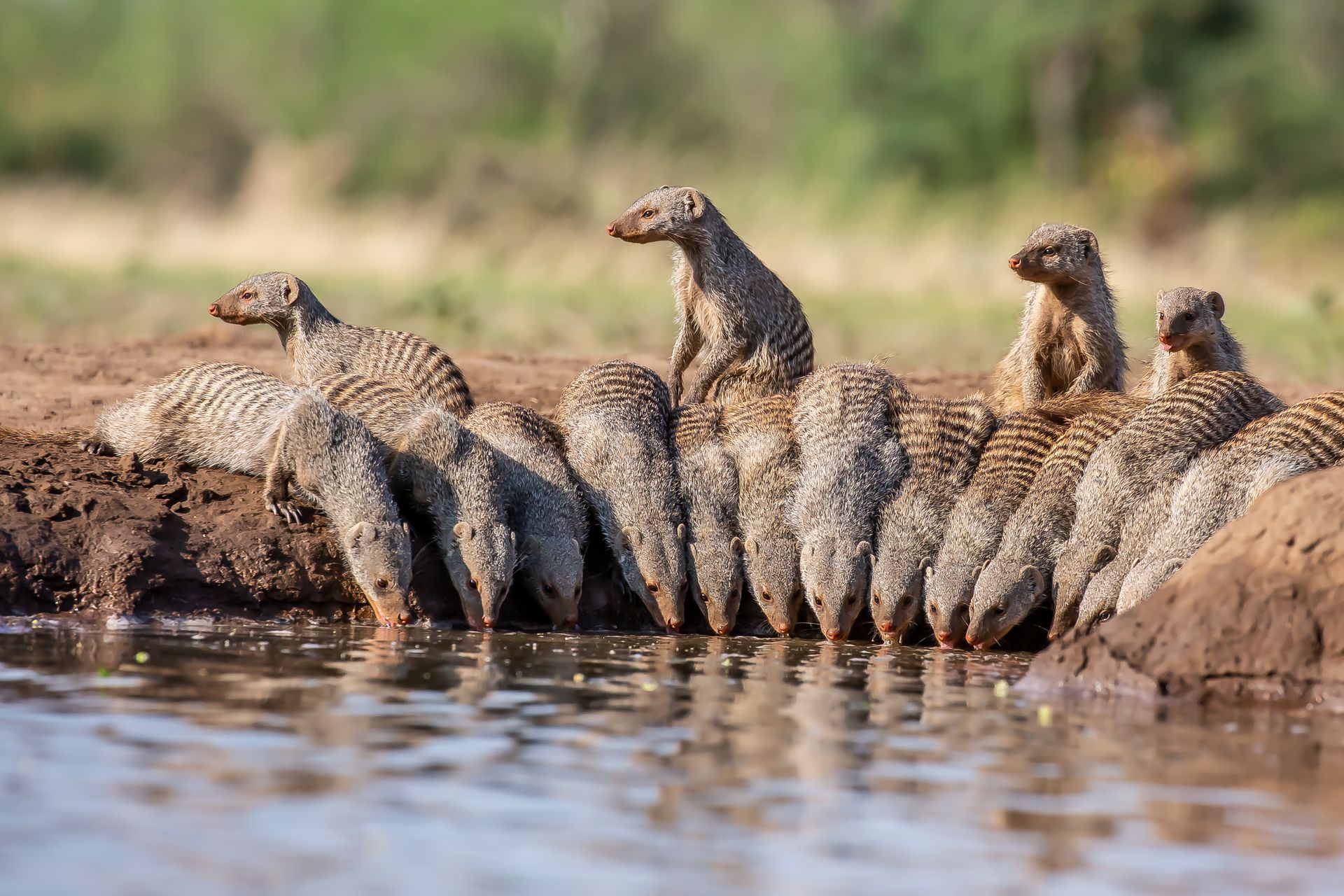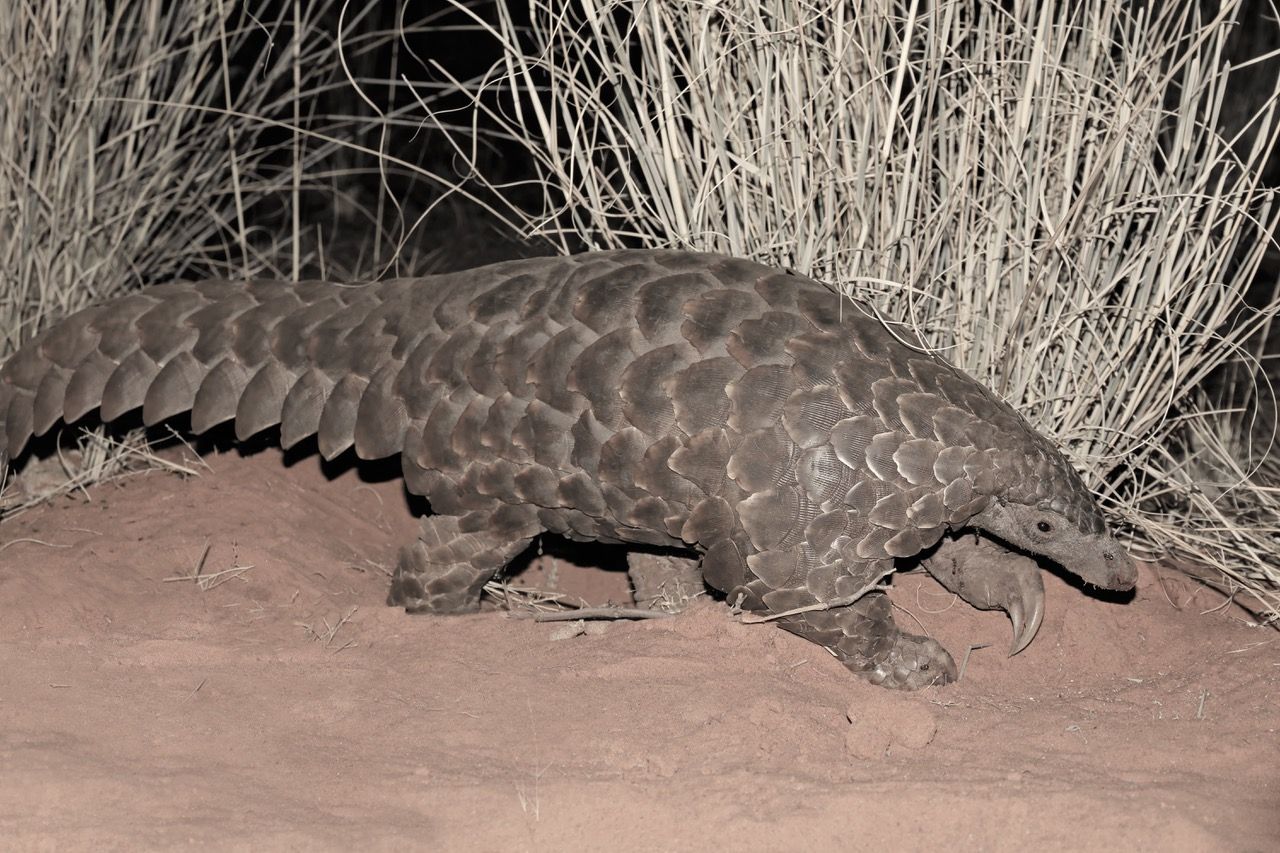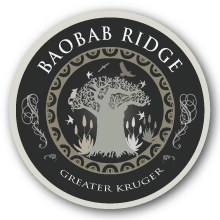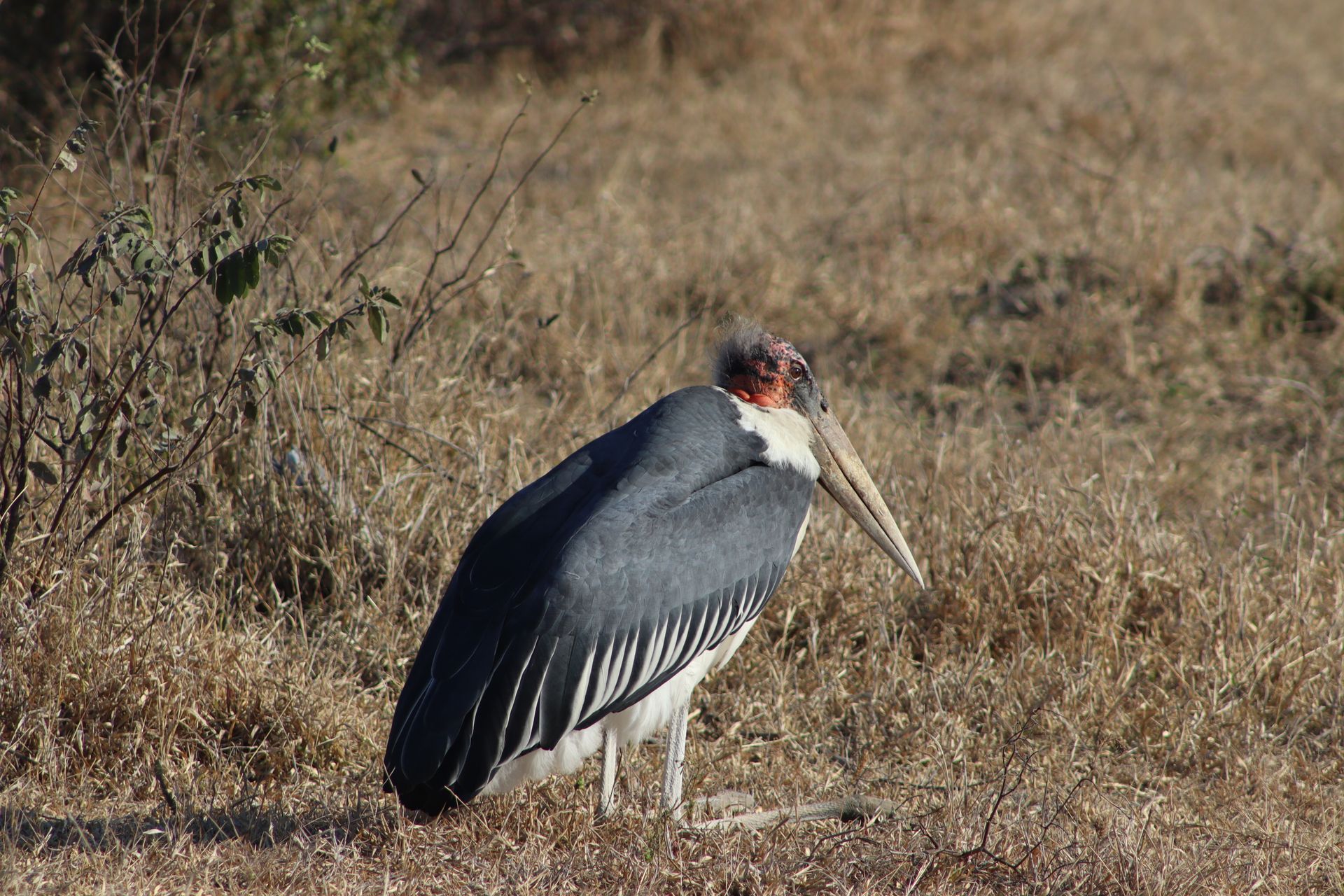CALL US ON +27 73 926 4724
Meet the Klaserie's "undertaker"
Slide title
Write your caption hereButton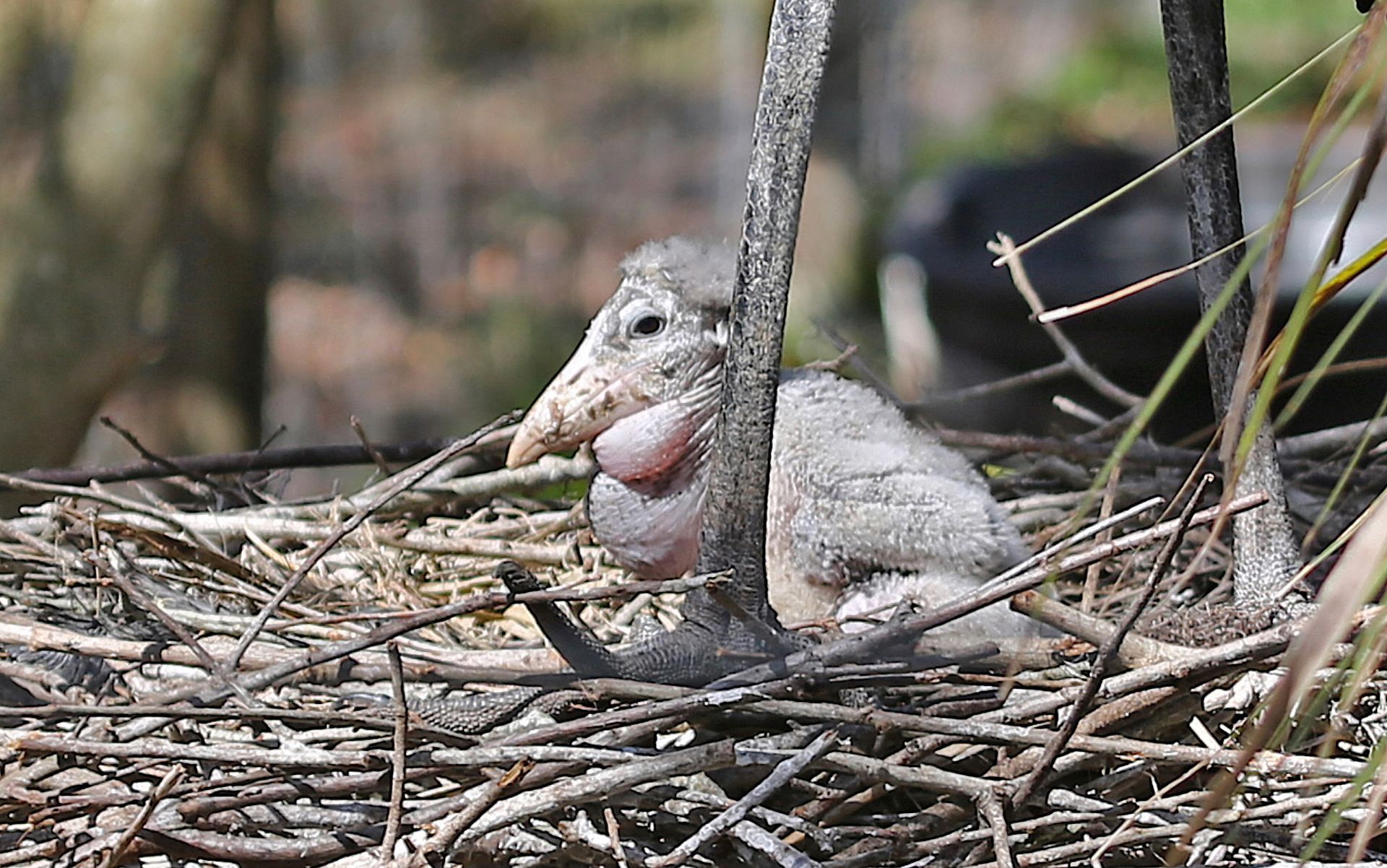
Slide title
Write your caption hereButton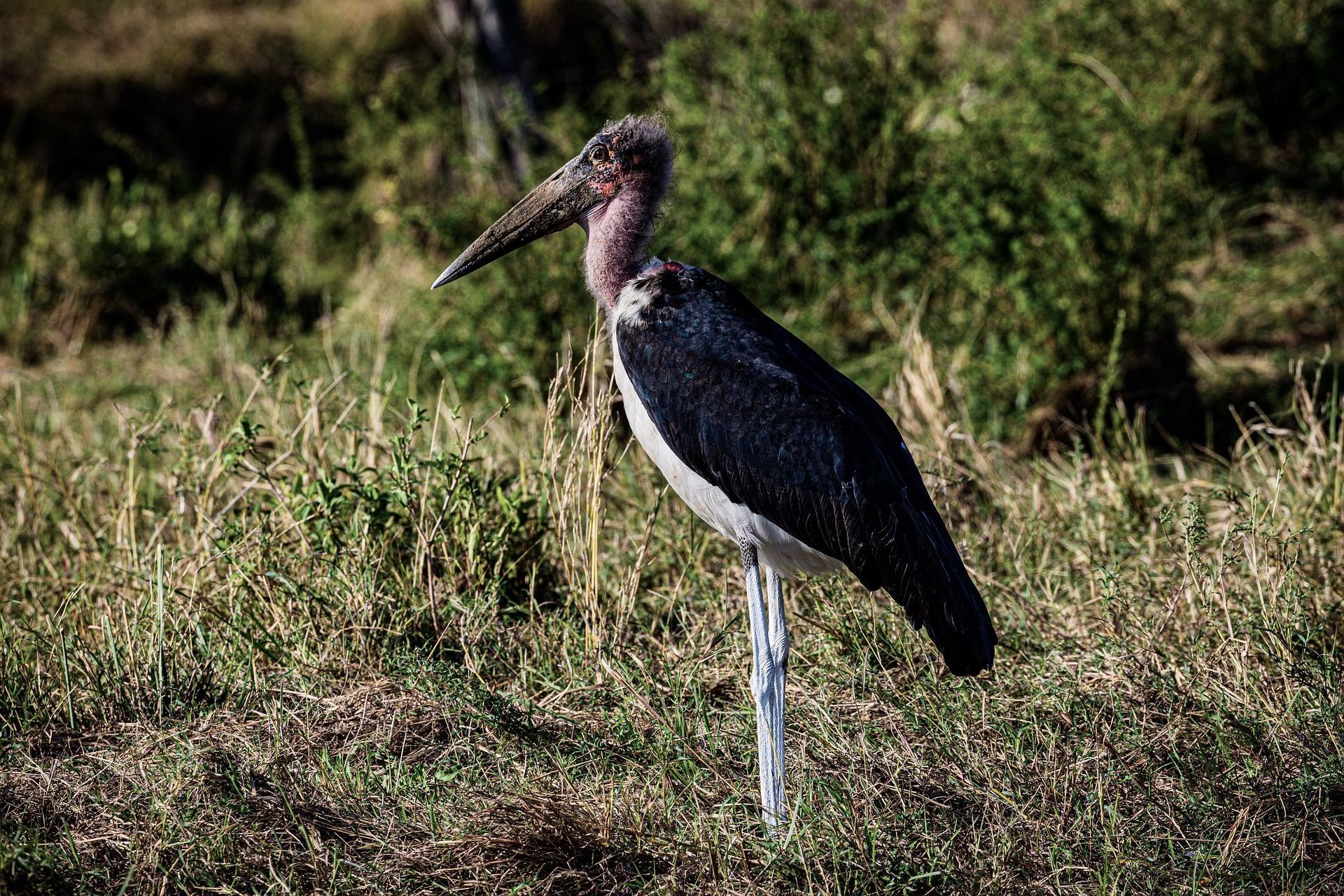
Slide title
Write your caption hereButton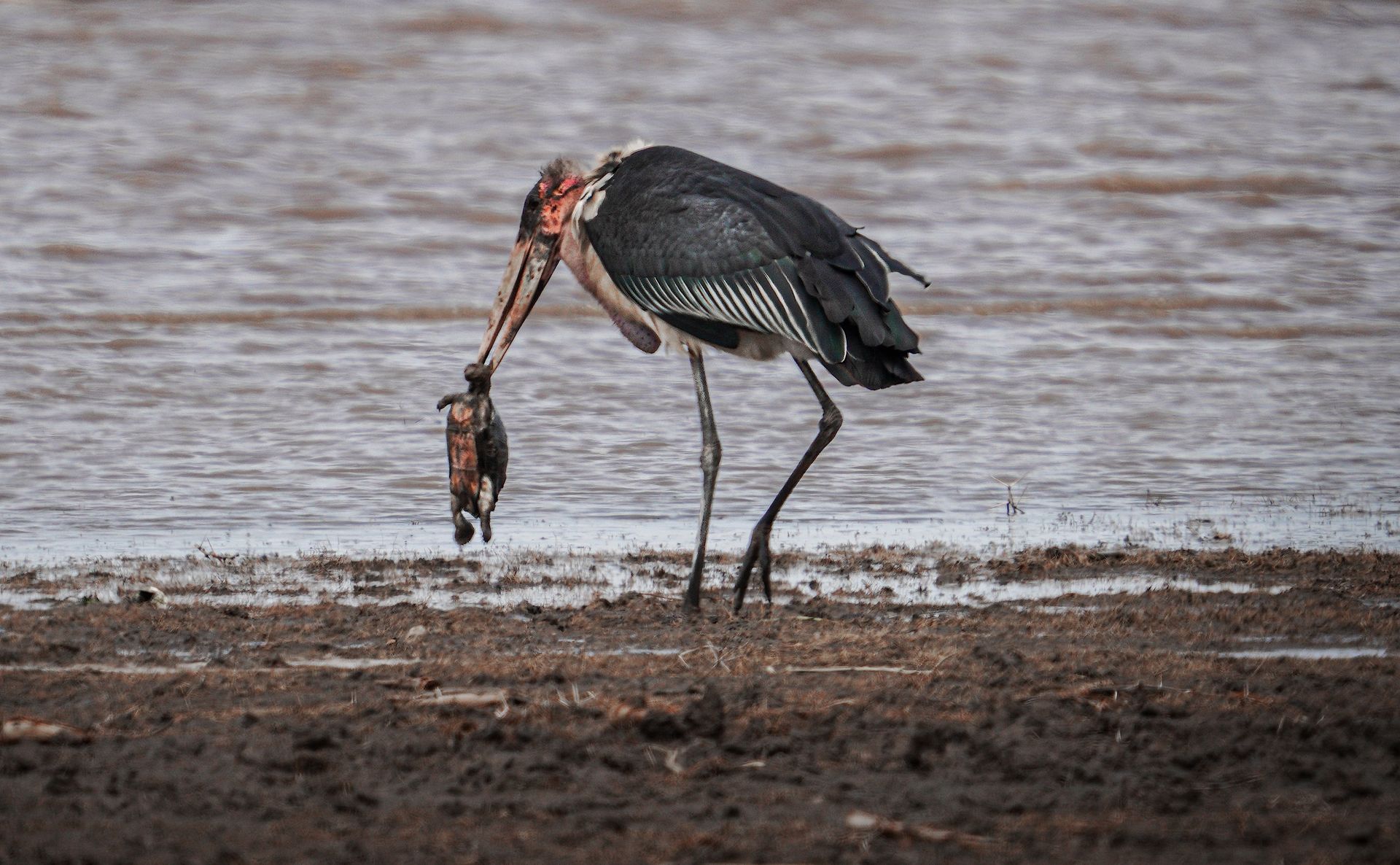
Slide title
Write your caption hereButton
The marabou stork is an essential part of the ecosystem
It's probably the ugliest bird you're going to see in Africa, but the marabou stork performs a critically important role wherever it makes its home, cleaning up the wilderness of rotting carcasses and potential biological hazards and acting as nature's undertaker! Let's find out more about this odd-looking wonder that we often see at Baobab Ridge...
First of all, the marabous commands attention, even if for all the wrong reasons. A member of the ignominious grouping known as the "ugly five" (that also includes the spotted hyena, warthog, vultures and wildebeest) it's certainly not a stunner when it comes to the looks department. In fact, it's downright menacing with a bald head and neck, a beak that resembles an elongated dagger and considerable size, standing at more than 1,5m tall and with a whopping wingspan of 3,7m.
The marabou stork is distributed across sub-Saharan Africa where it's renowned as an opportunistic feeder with scavenging making up a large part of its diet, feeding on carrion, scraps and even human waste. This ability to deal with the downright disgusting aspects of death and decay, along with its long legs, long, folded dark grey wings and slow, deliberate gait, have given the marabou its nickname of "undertaker bird".
The marabou stork's unique characteristics extend beyond its physical appearance. Its opportunistic feeding habits have earned it colloquial nicknames in different regions, with some areas referring to it as the "undertaker bird."
It's an adaptable bird with the ability to thrive in various habitats, including savannas, grasslands, wetlands, and areas near human settlements. It's social too, often gathering in huge colonies where hundreds of individuals roost and nest in trees.
Both male and female storks participate in the construction of large, untidy stick nests. These nests, perched in trees and often part of colonies with other marabou storks, serve as the incubation sites for the two to three eggs laid by the female during the dry season. The co-operative efforts continue as both parents take turns incubating the eggs, ensuring the chicks receive proper care once hatched until they fledge in about three to four months.
The breeding season unveils another intriguing adaptation of the marabou stork — thermoregulation. The bare skin on its head and neck is a sophisticated adaptation that enables efficient heat dissipation. This feature is crucial for survival in the often scorching climates where these storks are found. It's also important when providing shade for chicks in the nest, enabling the marabou to become a biological umbrella in the heat of the day without succumbing.
Beyond their ecological importance, marabou storks hold cultural significance in African societies. In some cultures, they are viewed with superstition, symbolising death and misfortune. Conversely, in other traditions, they are respected for their role in maintaining ecological balance, acting as vital contributors to the recycling of nutrients in the ecosystem.
The adaptability of marabou storks is further highlighted by their strong flying capabilities. Soaring on thermals, they cover considerable distances in search of food, showcasing their prowess as both scavengers and skilled hunters. Their diet includes a diverse range of prey, such as fish, frogs, terapins, insects, small mammals, and even other birds, demonstrating their versatility as opportunistic feeders.
With a lifespan of up to 25 years, marabou storks become integral members of the ecosystems they inhabit. Here at Baobab Ridge we have a local marabou that's often seen around the staff village, providing guests the opportunity to view this strange avian creature at close quarters and capture great images of it.
Marabous compete with vultures and hyenas and are often seen at kills. Their vocalisations, characterized by guttural croaks and hisses, add a distinctive layer to the cacophony of sound contributed by other scavengers around carcasses.
Despite their significant ecological role as nature's clean-up crew, marabou storks face conservation challenges. While the overall population is currently stable, localised declines are being recorded due to threats such as habitat loss and disturbance. Conservation efforts, including habitat protection, monitoring, and public awareness initiatives, are essential to ensure the continued wellbeing of these fascinating birds.
